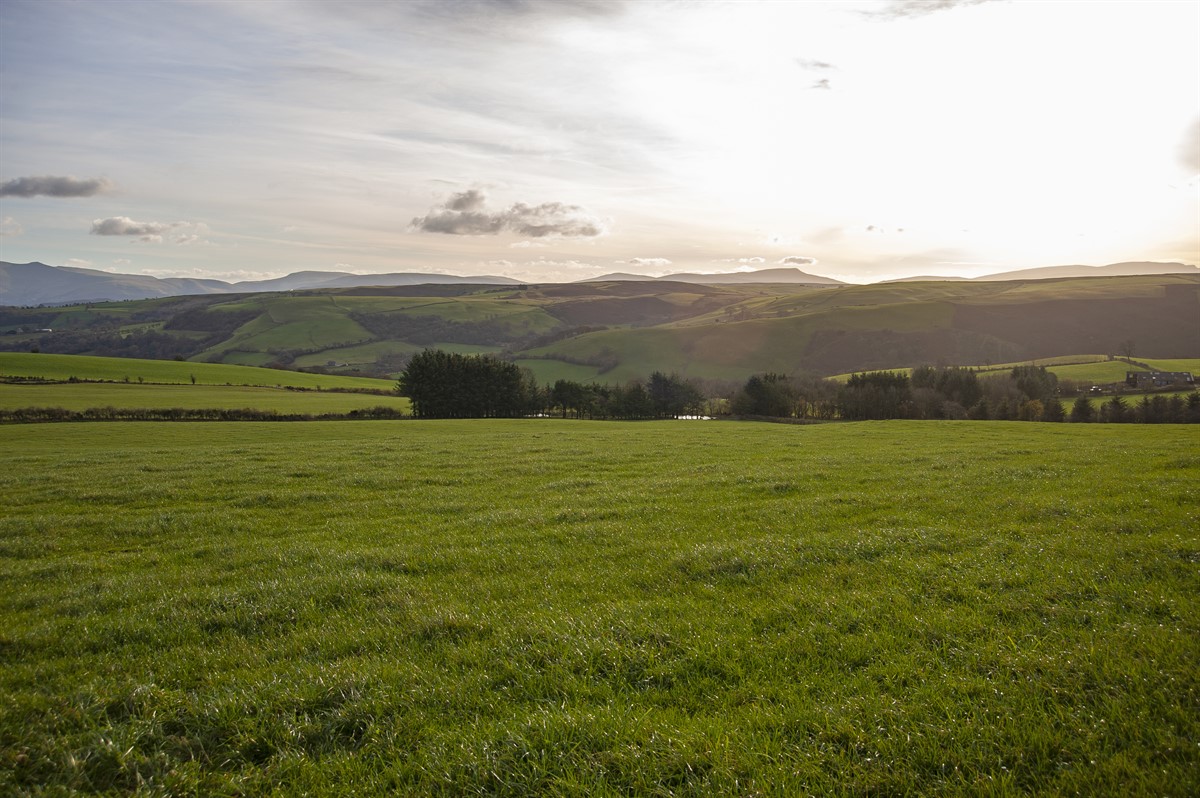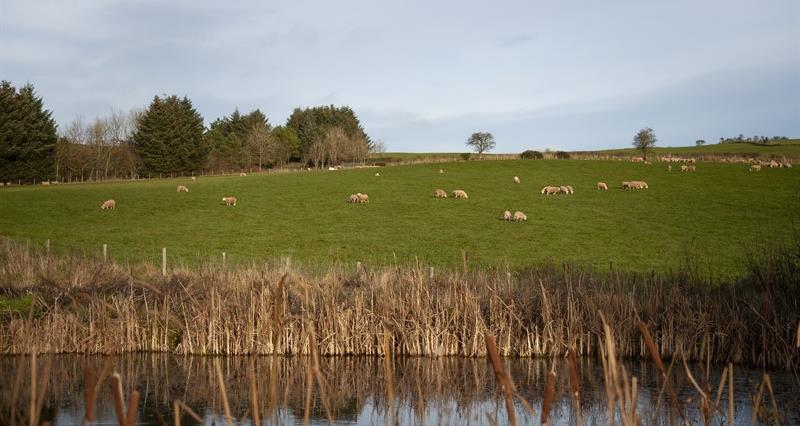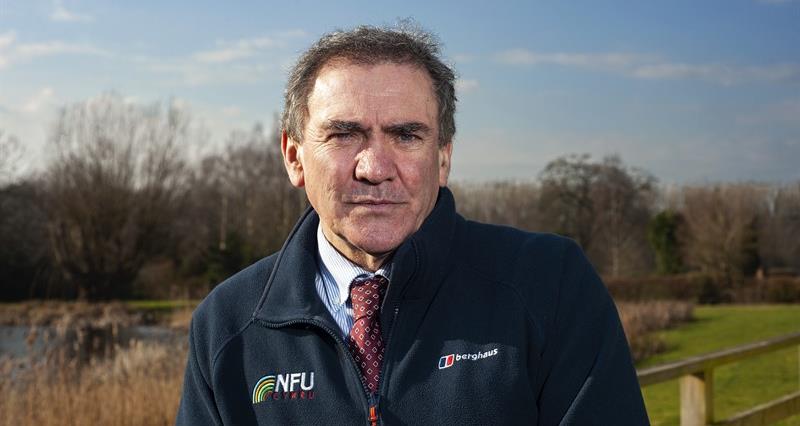In its formal response to Welsh Government’s Nutrient management – Managing the application of livestock manures sustainably consultation, NFU Cymru says the 170kg per hectare holding nitrogen limit from livestock manures element in the Water Resources (Control of Agricultural Pollution) (Wales) Regulations will negatively affect Welsh farming and the wider supply chain.
NFU Cymru has carried out an extensive engagement exercise with its boards and held a number of well-attended member meetings to canvas the opinions of Welsh farmers. In its response, NFU Cymru has welcomed Welsh Government’s proposals to bring forward a licensing scheme to allow higher levels of nitrogen from livestock manures in certain circumstances. In its response, NFU Cymru has set out clear evidence that shows an increase to a 250kg/ha annual holding nitrogen limit from livestock manures can be justified and will not damage the environment.
Over 1,400 responses
In addition to the union’s formal consultation response, over 1,400 farmers and members of the Welsh food supply chain have submitted their own responses to Welsh Government.
NFU Cymru President Aled Jones said: “The sheer volume of responses to this consultation from the Welsh food and farming sector highlights the importance of this matter to the industry. While farmers have responded in great numbers, I am also pleased that our partners in the food supply chain have also submitted their own responses in support of the licensing system, outlining the sizeable impact the regulations will have on food production and the significant economic impact for rural businesses if the licensing system is not secured.
Reduced stocking density
"The sheer volume of responses to this consultation from the Welsh food and farming sector highlights the importance of this matter to the industry."
Aled Jones, NFU Cymru President
“This is borne out by AHDB modelling that shows, based on the available data, that to meet the current 170kg/ha nitrogen limit from livestock manures, the stocking density on Welsh dairy farms would need to reduce by 17%. Assuming that the stocking density is lowered strictly through reducing the number of animals, this could lead to an equivalent reduction in milk production of 336 million litres per annum.
“Although Welsh dairy farmers are likely to be the ones most impacted by the 170 kg/ha annual holding nitrogen limit from livestock manures, it is important to state that other sectors will be affected – directly and indirectly.
"The stocking limit imposed by the regulations would reduce the likelihood of dairy farms to take in sheep over winter (tack), while a reduction in the number of dairy animals will have a knock-on effect on the levels of beef production in Wales. We also have significant concerns for farms affected by bovine TB.
Pressures on margins
“The consequences of the 170kg/ha nitrogen limit from livestock manures are all the more concerning given that they come at a time when many of our farming businesses are experiencing pressure on their margins due to the effects of agri-inflation and the cost of living crisis. The price index for farm inputs such as feed, fuel and fertiliser has increased by 22% in the last 12 months and many farms simply cannot absorb these increased costs and simultaneously see their earning capacity reduced so substantially. Global volatility is threatening the stability of the world’s food production, food security and energy security and it is clear that action is needed to protect our food producing capacity.
“NFU Cymru welcomes Welsh Government proposals to bring forward a licensing scheme where farmers can apply for a licence to increase the higher annual holding nitrogen limit from livestock manures up to 250kg/ha. NFU Cymru is clear that the development of the licensing scheme should follow the principles of good regulation, for example avoiding imposing unnecessary regulatory burden. As such, the process of applying for the licence should be as simple and straightforward as possible based on the approaches adopted in England and Northern Ireland.
“Based on the evidence, NFU Cymru strongly asserts that a licensing scheme can be justified on the basis of objective criteria. It will be central to an economically, environmentally, socially and culturally sustainable farming industry in Wales moving forward. We are pleased that Welsh Government has brought forward these proposals as part of the Co-operation Agreement with Plaid Cymru and we look forward to working with government to take them forward.”


